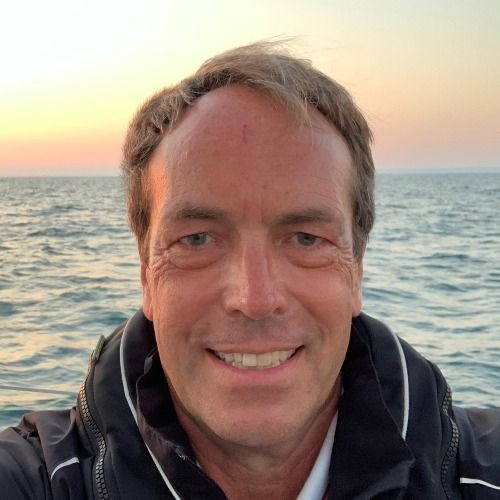An Interview with Carsten Jahnke
Professor Carsten Jahnke, one of the leading historians on the Hanse has kindly granted us an interview where we discuss how the Hanse network functioned and how the perception of the Hanse has changed dramatically over the last 200 years, a story that almost as interesting as the history of the Hanse itself.
As listeners of the last season of the History of the Germans might have noticed, I have been relying heavily extensively on Carsten Jahnke's work. many of the episodes discussing the economic structure and the way money transfers worked in the network are based on his research. So if you liked those episodes, you will certanly enjoy this interview. Listen in!
And here are some links to research Carsten recommends for those of you who want to follow up further:
Christian Manger,
Behind the scenes: Urban secretaries as managers of legal and diplomatic conflicts in the Baltic region, c.1470–1540:
https://www.tandfonline.com/doi/full/10.1080/03044181.2022.2098528
Carsten Jahnke,
Von Mandeln, Narde, Curcuma und Kümmel. Herkunft, Handel und Verbrauch von „exotischen“ Gewürzen und Lebensmitteln im nördlichen Europa, in: Die Ausgrabungen im Lübecker Gründungsviertel II. Archäoparasitologie, Handelsgeschichte, Paläopathologie und Anthropologie, ed. by Dirk Rieger, Lübeck 2022, s. 131-164
Carsten Jahnke,
Hansische Kaufleute und deren Religiosität ausserhalb ihrer Heimat, i: Zapiski Historyczne, Tom LXXXIV, Rok 2019, Zeszyt 1, s. 7-41.
There is also a lecture Cartsen gave at the German Historical institute in London on teh perception history:
https://www.ghil.ac.uk/publications/podcasts/the-hanseatic-league-as-a-national-project
The music for the show is Flute Sonata in E-flat major, H.545 by Carl Phillip Emmanuel Bach (or some claim it as BWV 1031 Johann Sebastian Bach) performed and arranged by Michel Rondeau under Common Creative Licence 3.0.
As always:
Homepage with maps, photos, transcripts and blog: www.historyofthegermans.com
Facebook: @HOTGPod
Twitter: @germanshistory
Instagram: history_of_the_germans
Reddit: u/historyofthegermans



